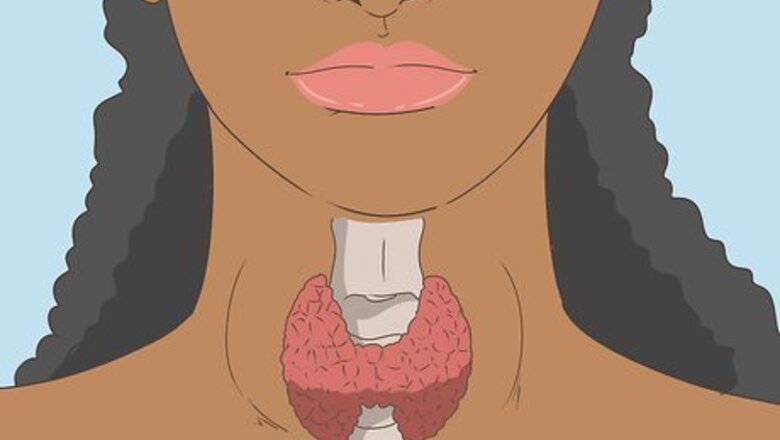
views
Background
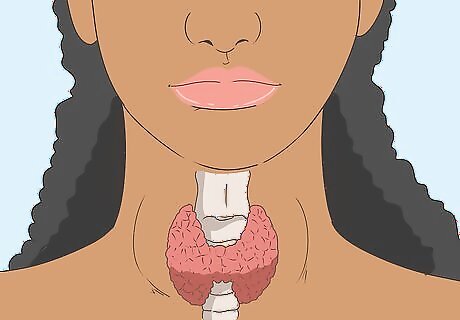
Hashimoto’s is the most common cause of hypothyroidism. Hashimoto’s syndrome, also known as Hashimoto’s thyroiditis or Hashimoto’s disease, is an autoimmune disease that causes your body’s own immune system to attack your thyroid gland. Because of this, it can mess up your thyroid’s ability to produce hormones, which can lead to hypothyroidism.
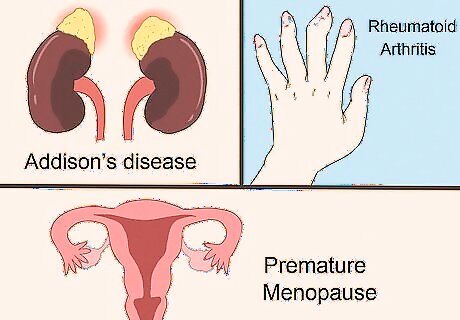
It can lead to serious conditions if it isn’t treated. Sometimes, treatment isn’t necessary for Hashimoto thyroiditis, but you may need to take synthetic thyroid hormone to manage your symptoms and prevent other medical issues. For instance, Hashimoto's thyroiditis is associated with developing other conditions such as diabetes, Addison’s disease, rheumatoid arthritis, and premature menopause.
Causes

Hashimoto’s syndrome may be caused by multiple things. Hashimoto’s is believed to be caused by a combination of both genetic and environmental factors. Several genes seem to be possible risk factors for people developing Hashimoto’s syndrome, especially the genes that help your immune system figure out which cells are your own and which cells are bad guys like viruses and bacteria. It’s also more common in people who have family members with the disease.
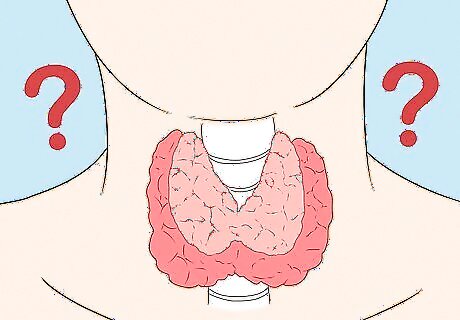
The truth is, we don’t exactly know what causes it. While some of the potential genes behind what may cause Hashimoto’s syndrome have been identified, many remain a mystery. Additionally, the genetic factors seem to have only a small effect on a person’s overall risk of developing the syndrome. Other autoimmune diseases and hormone disorders also appear to be linked to Hashimoto’s syndrome. But in the end, the exact causes of Hashimoto’s aren’t fully understood.
Symptoms

The first thing you may notice is a goiter on your neck. You might not even realize that you’re developing Hashimoto’s disease at first, or you may develop swelling at the front of your throat, which is your thyroid gland swelling and is called a goiter. Symptoms of Hashimoto’s tend to progress slowly over years, so it may take some time for you to notice them.

The symptoms are basically the same as hypothyroidism. Since Hashimoto’s disease affects your thyroid, most of your symptoms will be the ones related to your hypothyroidism. These include fatigue, increased sensitivity to cold, constipation, and unexpected weight gain. You can also experience mental effects such as depression and memory problems.
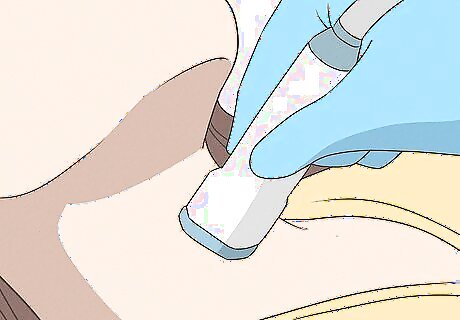
You may need an ultrasound to check the size of your thyroid. Usually, your doctor can diagnose you with Hashimoto’s using blood tests and examining your thyroid gland for a goiter. However, they may also perform an ultrasound on your thyroid gland in your neck. The ultrasound images can tell them the size of your thyroid as well as help them look for any other features that can help them confirm that you have Hashimoto’s.
Treatment
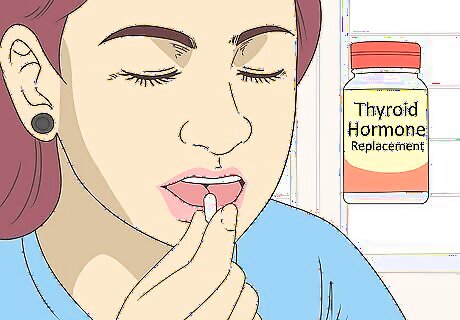
Usually, you’ll need thyroid hormone replacement. Because Hashimoto’s reduces the amount of thyroid hormone that your body produces, you’ll need to have hormone replacements your entire life to make sure you’re properly balanced. Typically, you’ll be prescribed 75-150 mcg of levothyroxine a day.
Prognosis

Your doctor may suggest a “wait and see” approach. Not everyone who has Hashimoto’s has hypothyroidism. If your thyroid hormone levels are normal, your doctor may simply keep an eye on you and test you regularly to make sure they stay normal. Hashimoto’s doesn’t have a cure, and some people may not need any medication at all.
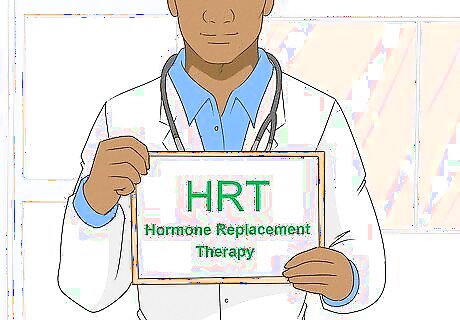
You may need hormone replacement therapy if your levels are too low. If your thyroid hormone levels drop too low, your doctor will likely prescribe hormone replacements to help restore and maintain a normal hormone balance. Throughout your life, you may need to make adjustments to keep your thyroid hormone levels healthy. But with regular tests and by making any necessary adjustments, you can maintain a healthy hormone level and live a normal life.

Hashimoto’s can cause other health problems if it goes untreated. An underactive thyroid gland caused by Hashimoto’s can lead to a number of health problems. You could have a large goiter form on your neck if your thyroid gland swells. You may also be more likely to develop heart disease. You can even suffer from depression and a decreased sex drive because of hormone imbalances. The good news is that if you manage and stay on top of your thyroid hormone levels, you can avoid most potential complications.

Talk to your doctor if you want to get pregnant. Pregnant people are at a higher risk of developing thyroid diseases, including Hashimoto’s. If you want to get pregnant, it’s important that your thyroid hormone levels are balanced to prevent potential complications. Talk to your doctor so they can closely monitor you and prescribe hormone replacements that will help keep your levels normal so you can have a healthy pregnancy.


















Comments
0 comment